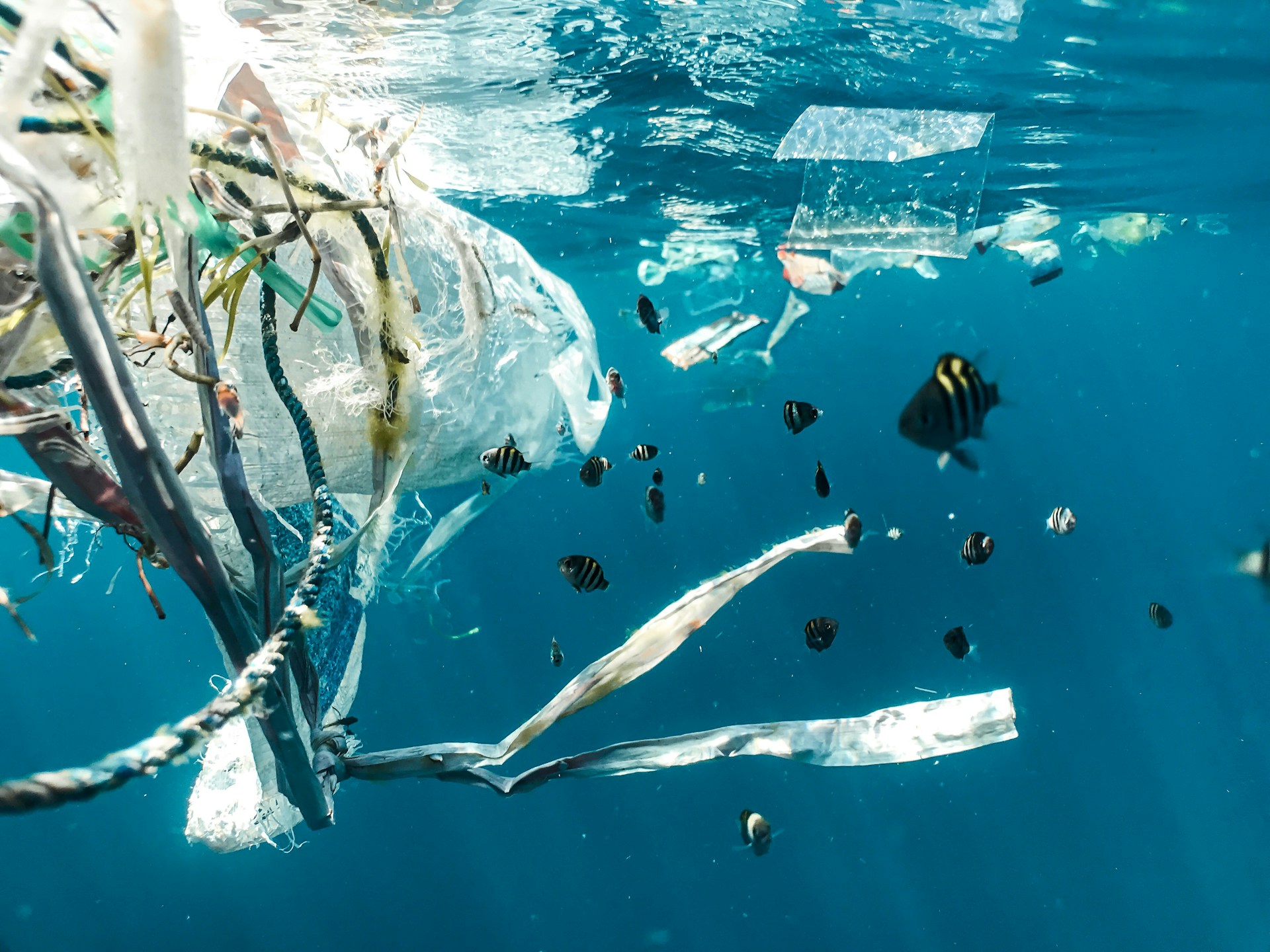Despite extended negotiations at INC-5.2, parties remain deeply divided, and consensus on a treaty text is no closer than when talks began in 2022. The latest draft, seen as a concession to the least ambitious states, was rejected signaling that many want a stronger treaty, but progress is being obstructed by a few powerful actors resistant to change.
As INC 5.2 drew to a close earlier today, despite an extension of the talks, we are no nearer to reaching an agreed treaty than at the opening of the negotiations in 2022. With the standpoints of the parties polarised, and the requirement for consensus to make any formal decision, it is hard to see how this treaty can move forward and a text be agreed amongst the parties.
The text presented was not a compromise but conceded positions to those states least motived to address the problem of plastic. Its rejection signals that many have more ambition for the treaty, but that it is being stymied by those states and lobbyists who are fixated on maintaining the current system regardless of the consequences to people or planet. There is considerable work to do to get to a treaty that addresses the plastic crisis.
More of the same tactics
Unfortunately these negotiations followed the trends across INC 1 to 5.1and the same tactics were seen again. Low ambition countries continued to stall any momentum by concentrating on procedural issues , and arguing for a treaty that addresses only plastic waste. These countries continued to push back against any mention of plastic production limits and fighting against the inclusion of text that addresses plastics’ impact on human health, environment and well being.
Once again we saw increasing representation for petrochemical lobbyists at the negotiations while civil society groups’ access to the talks and input into the negotiations continued to be restricted. Representatives from across the world still turned up determined to make their voices heard in Geneva calling for a treaty that truly addresses the Plastic crisis.
A compromised text
In December 2024, following INC5.1the Chair, Luis Vayas Valdivieso, released a draft treaty text as a starting point for the discussions (see our report with analysis of that text here) . However on Wednesday of this week (day nine of 5.2 negotiations) the Chair released an updated draft text that included only aspects of the treaty that were agreed upon or less contentious. This resulted in a low ambition text representing the lowest common denominator. This new draft lacked any provisions on plastic production, reuse or chemical additives; the key drivers of the plastics crisis.
In doing so the text fails to even address the mandate given to the parties by the UN in setting up the talks : to end plastic pollution. Over 100 countries rejected the new text, including members of the High Ambition Coalition, which Ireland and the EU negotiating bloc are part of. The EU team commented that “The text on the table is not acceptable for the EU. A weak static agreement serves no one.”
VOICE are disappointed that there isn’t an ambitious new treaty on the table at the end of this process, every day without one is a gift to the plastics industry to continue the status quo. However we agree with the decision to reject this draft text. The text as presented betrays the very aims of the process, works only to support and provide cover for the plastics and oil producers, and the process appears to be backsliding in ambition.
Over the coming weeks VOICE will examine and analyse the outputs from this meeting and provide updates here.



